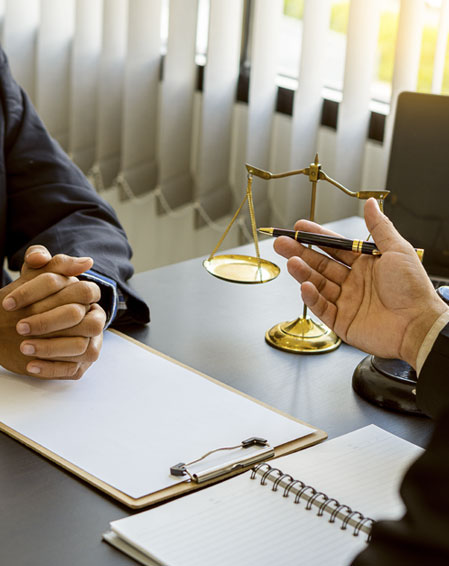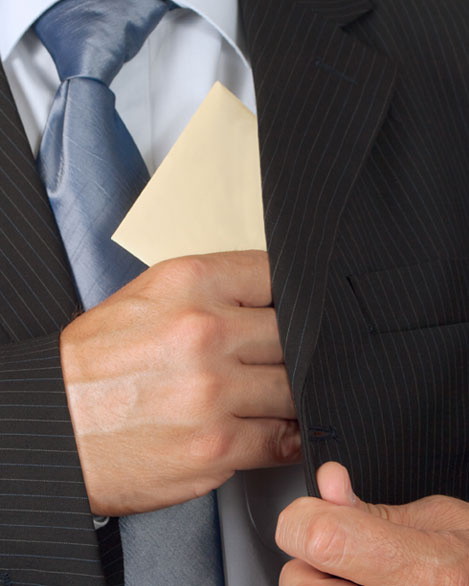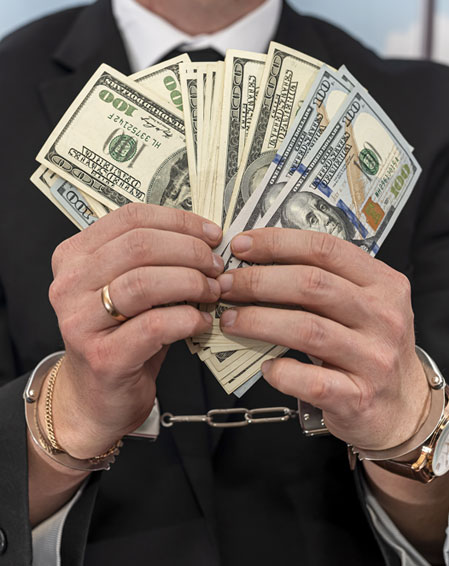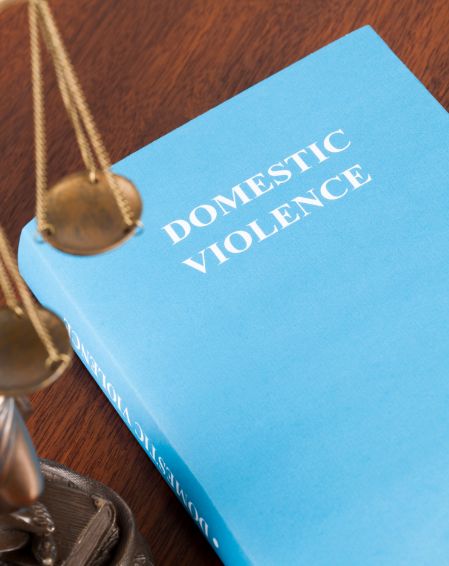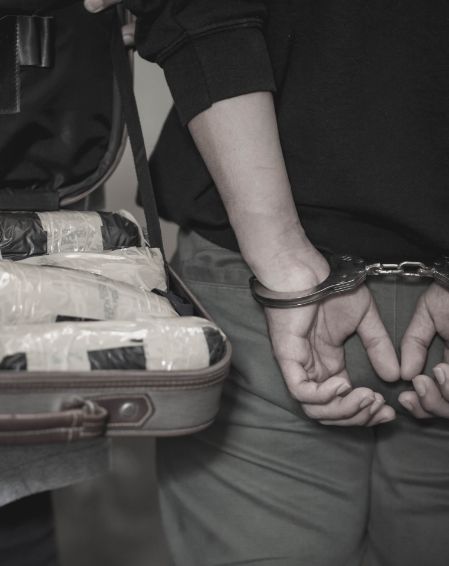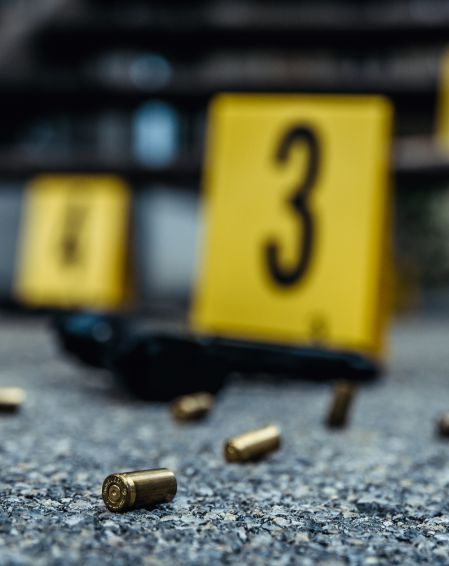Call For a Consultation (305) 373-4400
Miami Unlicensed Contractor Attorney
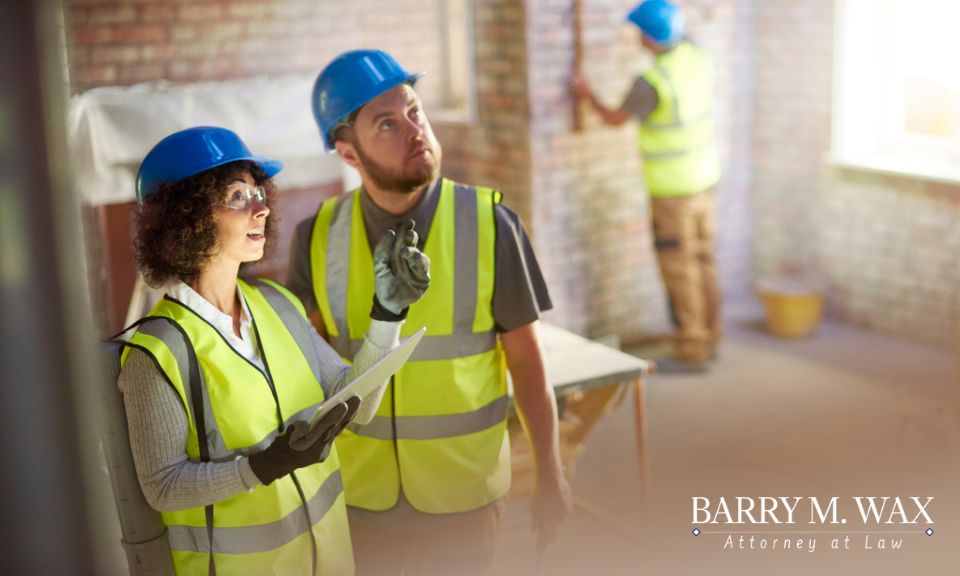
Miami Unlicensed Contractor Lawyer
The Sunshine State of Florida has some of the strictest rules for contractors. This is considered a public safety measure. The state wants to feel assured that all buildings, new and old, are safe for people to live and work in. One indicator of a contractor’s ability to perform at the level expected of the state is if they are a licensed contractor. When someone is offering contractor services without a license, it is considered an illegal act and warrants an immediate safety investigation into any project they worked on. However, not every accusation of someone working without a license is credible. By better understanding the laws that govern contractors in Miami, Florida, contractors and construction workers alike can better understand how to navigate an unjust allegation.
The Importance of a Contractor License in Florida
There are two main reasons why this license must be obtained to work on projects in Florida.
- Consumer Protection: A contractor license is tangible evidence that assures the individual working on any project has met all Florida qualifications to equip them in the field. It protects consumers from any substandard work that could put their safety in jeopardy.
- Upkeep of Professional Standards: Licenses exist across all different types of industries and typically require continued education to make sure every professional’s output is evolving with the industry they represent. The same is true for contractors. Florida’s building codes and safety regulations are constantly being adjusted as new information and practices are learned over time. The concept of a contractor license is the channel that the government uses to keep its professionals working at peak performance.
What Are the Consequences of Working as an Unlicensed Contractor?
Because the safety of Florida is at risk when a contractor works unlicensed, there can be stiff consequences applied to deter the behavior from happening. Some of these include:
- Administrative Penalties: Florida’s Department of Business & Professional Regulation (DBPR) has a huge role in upholding the integrity of the state’s contractor licenses. Anyone who is caught working without the required credentials will likely face a cease and desist order from DBPR. This will immediately prevent any unlicensed construction projects being worked on from continuing. Anyone who receives this order from DBPR can also expect to receive a fine to further deter them from contracting without a license.
- Civil Implications: Using an unlicensed contractor can sometimes lead anywhere from minimally hazardous to extremely dangerous work. For example, not complying with the state’s electrical codes could put a family in danger when they move into a home built by an unlicensed contractor and begin to use appliances. If any injuries were to occur to that family, they are legally allowed to file a lawsuit and request compensation for any damages that occurred to their property or family members.
- Criminal Consequences: Depending on the severity of the victim’s injuries, the unlicensed contractor could face more than fines. Criminal penalties can also be on the table for consideration. This could include being sentenced to prison, especially if someone lost their life or was severely injured due to their unlicensed work. If the court decides that prison is too hefty of a punishment for the results of their crime, they may require the individual to be put on probation. This type of monitoring can help ensure the individual does not repeat the same behaviors that landed them on probation in the first place.
What Are Common Defenses for Unlicensed Contracting?
Unlicensed contracting allegations are not always rooted in merit. Because of this, a criminal defense attorney has several different routes to discredit the accusation. Some of the most commonly employed include:
- Factual Defense: The most frequent reason why someone presses charges against an alleged unlicensed contractor is because they feel they were misled into thinking the individual actually had a license. This puts the onus on the prosecution to prove that the defendant deliberately advertised themself as a licensed contractor. To combat this, the defense will dispute exactly how their client represented themself before any work was complete and make the point that the prosecution did not do enough due diligence to validate their credentials ahead of time to warrant legal action.
- Technical Defense: If the prosecution’s attorney is inexperienced or did not take the time required to research and prove the individual was unlicensed, the defendant can take the stance that there is not enough evidence to suggest their client was working outside the boundaries of the law. There is also a strict legal avenue a prosecution needs to follow within Florida regulations to prove such an allegation, which a defendant can attack if there is any indication they did not follow proper protocol.
- No-License Required Defense: Not every single project requires an individual to be officially licensed. It varies based on the extent of the work. This will likely be the first item a criminal defense attorney looks into, as it could immediately discredit the entire basis of the prosecution’s claim.
What Is the Role of a Miami Unlicensed Contractor Attorney?
Unlicensed contractor attorneys can be incredibly valuable when someone needs a defense strategy against an inaccurate allegation. Some of these areas include:
- Consultation
Even the mere suspicion that someone is an unlicensed contractor can have serious and unjustified consequences on someone’s reputation. Taking an initial consultation with a defense attorney to share details of what happened and any evidence collected can be a great start to protecting yourself. These defense attorneys are skilled in assessing the nuances of licensing and finding a way to validate the legitimacy of contracting work. - Representation
When an attorney is confident they can prove your contracting work is safeguarded, they are able to represent you in a court of law to refute the charges. They can bring a wealth of legal knowledge to all legal proceedings and will be prepared to defeat any type of curveball argument the prosecution may try to execute. - Liaison With Regulatory Bodies
The intricacies of contractor licensing involve regulatory bodies like Florida’s DBPR. An unlicensed contractor attorney can serve as a liaison between their client and the DBPR. If your case warrants a need to procure specific documentation or challenge an unfavorable report, your defense attorney can interface with all necessary parties to strengthen your case. - Contract Review and Validation
Your attorney can also be valuable in scenarios where a contract needs to be scrutinized to verify the legitimacy of the work. They can also keep an eye out for any ambiguities or areas where the prosecution has misconstrued contract language to better favor their position. A lawyer’s familiarity with dissecting contracts will play a huge role in their capability to build a strong defense.
FAQs About Miami, FL Unlicensed Contractor Laws
Can Someone Sue an Unlicensed Contractor in Florida?
Yes, there can be grounds to officially sue someone who is believed to be an unlicensed contractor. At the bare minimum, if the work they executed did not meet basic standards, they can be sued for an inability to complete the project as advertised. If there were other negative repercussions of their work, such as a project that wasn’t finished, a case could be warranted. However, individuals can not sue based on a feeling alone. They will have to work closely with their attorney to share evidence that leads a jury to believe beyond a reasonable doubt that their allegations are true.
Is it Illegal to Hire an Unlicensed Contractor in Florida?
There is a difference between willfully hiring an unlicensed contractor and being misled into thinking they were qualified for the job. While it’s not technically illegal to ask someone to help complete projects around the house, an individual can lose their ability to sue and seek compensation for work they completed since they were fully aware of the situation from the beginning. This is why anyone accused of unlicensed contracting offenses needs to work closely with a defense attorney to demonstrate that either the work they completed did not require a license or the individual willfully hired them knowing the situation.
Why Is Florida So Strict About Contractor Licensing?
Just like every other state, the governing regulatory bodies care about the safety of the communities they represent. However, Florida has a few unique attributes that make quality contract work even more important for the state. For example, the area’s susceptibility to annual hurricanes and tropical storms means that every building needs to meet stringent structural standards to survive weather travesties. An unlicensed contractor could put a family in danger when they decide not to evacuate for a hurricane. However, someone who completed legitimate work and is being accused of criminal activity can fight back with a solid defense strategy.
How Much Does an Unlicensed Criminal Defense Attorney Cost?
There is no universal ticket price for a criminal defense attorney’s services. Factors such as location and time spent on the case will all factor into a final number. However, the investment in a defense attorney should not intimidate anyone facing fraud allegations. The costs of losing your job and facing a criminal penalty for completing honest work can far outweigh the initial investment to protect yourself.
Contact Barry M. Wax Today for Unlicensed Contractor Support
No Floridian should fear allegations they worked as an unlicensed contractor if they have superior legal counsel in their corner. At Barry M. Wax, Attorney at Law, we are proud to serve Florida, and we want to keep our citizens safe from illegitimate work and our hard-working citizens safe from unjust allegations. Contact us if you need a solid defense team to validate your work today.
Copyright © 2025 Barry M Wax PLLC. All rights reserved.

